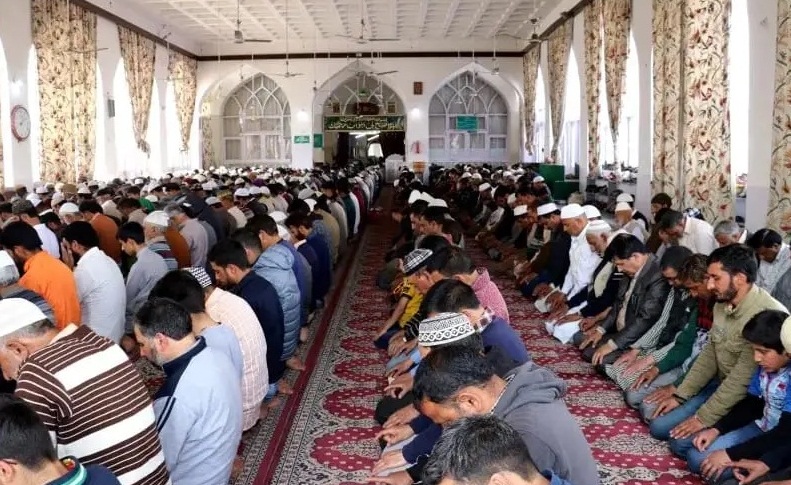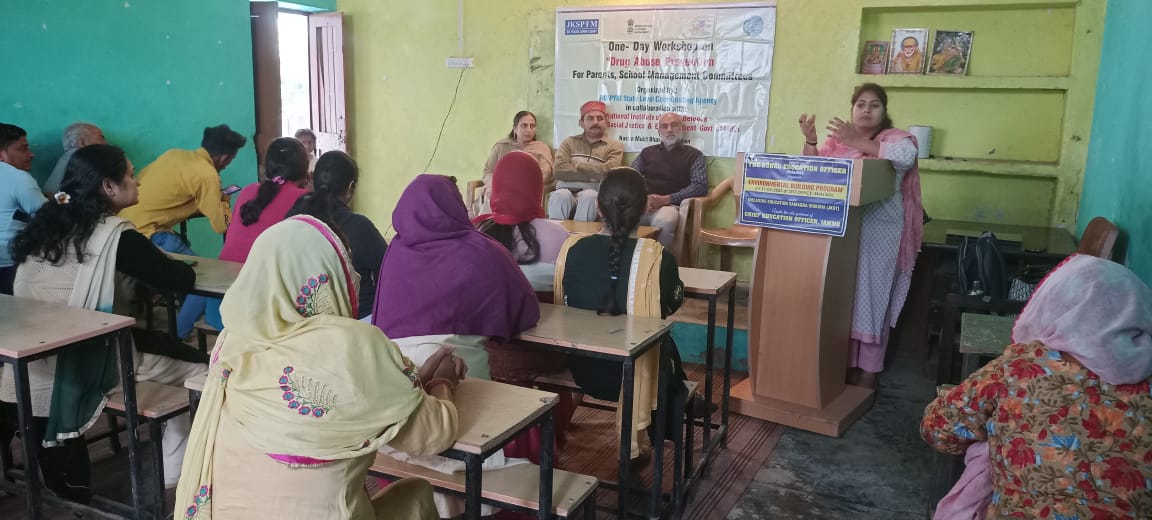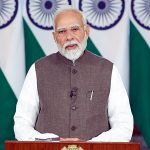Every year, as the blessed month of Ramadan draws near, Muslims around the world await in joyous anticipation for the opportunity to observe fasting— the fourth of five foundational pillars of the Islam.
The word ‘Ramadan’ is derived from the Arabic word ‘Ramdh’ which means, ‘intensely hot’ or ‘burning’. The month of Ramadan is named as such for three reasons: One who fasts becomes hot due to thirst, worship and devotion in this month burns away the traces of sin and devotion in this month produces the necessary warmth of love in man for his Creator and fellow beings.
As part of this month of spiritual rejuvenation, Muslims worldwide fast during daylight hours (consuming no food or water) as a form of worship to bring them closer to God. Families and friends unite to break their fast together, after sunset during iftar or before dawn during suhour.
Ramadan is the ninth month of the Islamic calendar – the timing is based on sightings of the crescent moon which means that the dates vary from year to year. Ramadan ends with the new moon and is celebrated with the holiday of Eid al-Fitr, the Festival of the Breaking of the Fast, where families and friends gather together to share celebratory meals and give gifts to their children. Eid al-Fitr is considered to be a time for gratitude, forgiveness, and for making amends.
During Ramadan, most Muslims try to avoid negative acts or their personal vices, whilst instead practicing positive acts, exercising self-control and showing compassion for those less fortunate than themselves. They aim to better their relationship with God and their community in various ways: by attending the mosque for prayers and iftar, spending extra time reading the Quran, participating in volunteer work, or coming together for long nights of prayer.
In Islam the practice of fasting is not only a physical exercise but a spiritual one; the ultimate aim of which is the attainment of God’s pleasure through regulation of one’s life in accordance with His ordinances. If a Muslim merely observes the outward requirements of the fast, they will simply succeed in making themselves hungry and thirsty and nothing more.
Indulgence in unbecoming speech and inappropriate actions nullifies the very objective of fasting in Islam. This is why the Prophet Muhammad (PBUH) has taught that “He who does not shun telling a lie by word and deed, should know that God needs not his abstention from food and drink.” Furthermore, fasting aims to teach Muslims to control their passions and lead productive lives. It is with this intent in mind that the Prophet Muhammad (PBUH) taught a simple lesson regarding fasting.
Islam prescribes fasting for all Muslim adults because it is a religion that wishes for every Muslim to attain spiritual heights and be recipient of the Grace of God. Islam does not desire the practise to become a burden on those who are not able to fast. Thus, those who are incapable of fasting due to sickness or travelling are exempt from fasting in the month of Ramadan and are required to complete the missed fasts later on.
This compensation is not to be considered a penalty for the inability to fast, rather it is prescribed as a small sacrifice so that God may bestow them the capacity and the strength to observe the fast themselves.
The wisdom of fasting, when practised in all sincerity and fulfilling all conditions, is that if one is able to renounce the lawful satisfaction of his desires for the period of one month, he certainly acquires the power and will to renounce the unlawful gratification of his senses as well. It is for this very reason that fasting in Islam is not only promoted and limited to the month of Ramadan. Voluntary fasts, as kept by Prophets and Saints, have proven to be a source of great blessings and divine favours from God Almighty.
In addition to fasting, extra attention is also given to more acts of worship. These acts can come in the form of prayer, zikir, reciting Qur’an, giving charity, and asking for forgiveness from Allah (SWT). Through performing such actions which are pleasing to Allah (SWT), we become closer to our Creator and are given more rewards during this blessed month.
From helping our parents prepare food during meal times to reciting Qur’an with our younger siblings, there are many activities which we can do to draw closer to our families. Other great activities which are great for family bonding include praying together, reading Islamic Books together, and visiting local Mosques and attending community Iftar events together.
From grand community Iftars, local street food stalls, and gathering for taraweeh in local Mosques, Ramadan is when our communities engage in activities that get everyone involved – in one way or another!
Similarly, Ramadan is also a time where we work together to fulfil another pillar of Islam: Zakat. Since the time of the Prophet (PBHM), the Muslim community has always valued giving charity to those in need. As Ramadan is a time filled with the most opportunities to gain blessings from Allah (SWT), many of us choose to give Zakat or Sadaqah (charity) during this blessed month.
Towards the last ten nights of Ramadan especially many Muslims gather together to try and observe Laylat-ul-Qadr (Night of Power) as Laylat-ul-Qadr is considered the holiest night of the year, it is the most ideal time for us to pray more and give more charity together as a community.
Following Ramadan’s end, all members of the community gather together to celebrate Eid-ul-Fitr – a joyous time of gift-giving, feasting (in moderation) and spending time with our loved ones. Marked as a blessed time of reflection and increased rewards, Ramadan holds a great importance in the lives of all Muslims.
Through coming together and elevating our acts of worship for the sake of Allah (SWT), Ramadan is truly a period where our spirituality, ties with our family and community bonds strengthens us and allows us to become the best version of ourselves.
The holy month of Ramadan is the perfect opportunity to use the Power of Zakat. It is a time for us to pause and reflect, leave behind bad habits and replace them with good ones, increase our acts of worship and good deeds, and practice self-discipline – all for the sake of Allah (SWT).
(The author is a regular columnist and can be mailed at [email protected])








